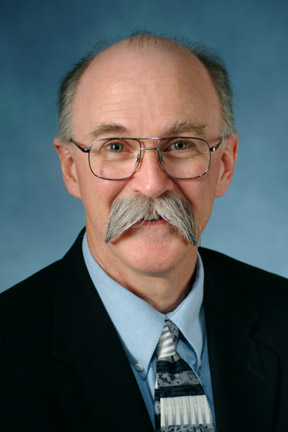Real estate developers and their attorneys have contributed heavily to the next City Commission election.
The Kansas Governmental Ethics Commission report for January 10, 2007 finds that only two candidates had raised campaign funds during November and December of 2006. The other candidates had yet to get organized. Combined, these two Candidates, Rob Chestnut and Michael Dever, have received over $9,500. These contributions come from 71 contributors with 34 of them from the real estate development industry. These developers, brokers and attorneys contributed over 60% of the dollars.
Why is it that the developers and builders make such a disproportionate share of contributions to local political campaigns? It cannot be their contribution to the workforce. Educators make up a larger share of employment in Douglas County than do developers and builders. Yet, educators do not make such large contributions. Health care providers make up a larger share of employment than developers and builders. Yet, health care providers do not make such large contributions.
It is doubtful that developers and builders are any more altruistic than either educators or health care providers. Educators and health care providers both have a deep-seated interest in the quality of their community.
The simple answer is that developers expect something for their contributions. They want a City Commission that is biased in favor of approving any development proposal that comes along, whether it is good for the community or not, whether it is in accordance with the community's comprehensive plan or not.
If the developers and builders can capture three votes on the fiver-member City Commission, it matters little what the plan says; the City Commission can amend the plan any time it wants. With pro-developer City Commissioners, the developers and builders can get people from their industry appointed to the Planning Commission so as to smooth the planning process when a development proposal runs counter to the plan. Having people from the development industry is constrained and even prohibited in many cities; in Lawrence, it is the norm.
Developers claim that all they want from the planning process is predictability. This is not true except in the narrow sense that the developers and a predictable answer of "Yes" to their every proposal. This means that they want the answer to be "Yes" even when the proposal is contrary to the plan and not good for the community. They are willing to pay heavily to get the answer "Yes".
The citizens of Lawrence need to protect themselves from the harm that can be done by a City Commission and a Planning Commission that is biased in favor of developers. Overbuilt retail space will blight older shopping districts and damage downtown redevelopment plans. Overbuilt subdivisions will cause the deterioration of older neighborhoods, hurting the capacity of the City to bring reinvestment to these existing neighborhoods.
Independent of the amount of money contributed, the predictable answer from the planning process should not be "Yes" to every development proposal, but "Yes" only to those proposals that serve the wants and needs of the larger community.
Wednesday, February 07, 2007
Subscribe to:
Posts (Atom)
